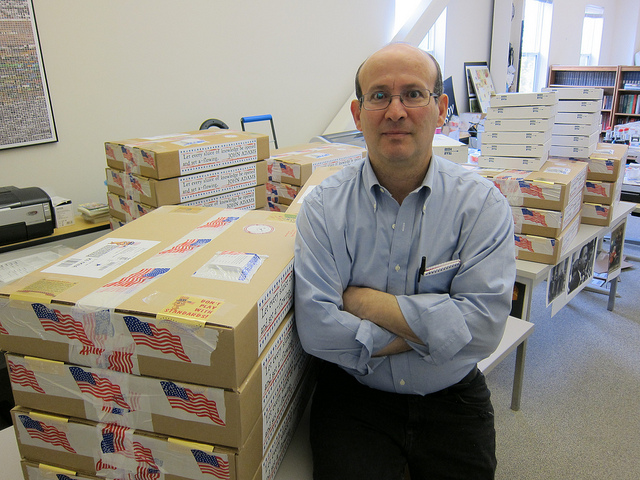
Carl Malamud, founder of Public.Resource.Org. (credit: Kirk Walter / Flickr)
A narrowly divided US Supreme Court on Monday upheld the right to freely share the official law code of Georgia. The state claimed to own the copyright for the Official Code of Georgia, Annotated, and sued a nonprofit called Public.Resource.Org for publishing it online. Monday's ruling is not only a victory for the open-government group, it's an important precedent that will help secure the right to publish other legally significant public documents.
"Officials empowered to speak with the force of law cannot be the authors of—and therefore cannot copyright—the works they create in the course of their official duties," wrote Chief Justice John Roberts in an opinion that was joined by four other justices on the nine-member court.
Everyone involved in the case agreed that the text of state statutes could not be copyrighted. But the state of Georgia argued that it could copyright annotations that are distributed with the official code. These annotations provide supplemental information about the law, including summaries of judicial opinions, information about legislative history, and citations to relevant law review articles. The annotations are produced by a division of legal publishing giant LexisNexis under a work-for-hire contract with the state.
No comments:
Post a Comment